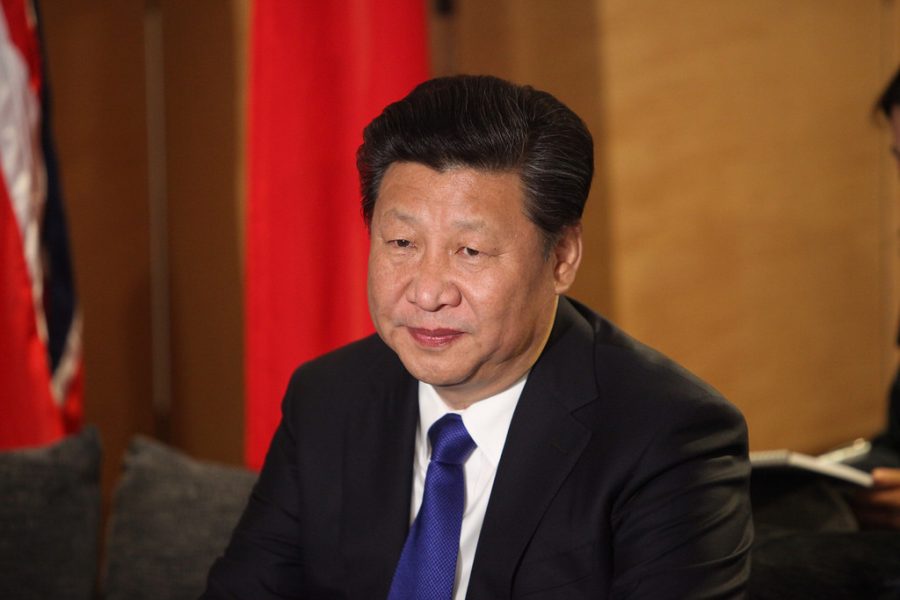News Briefs Week of March 26-April 2
“Schools of Hope” Program Begins to Materialize
IDEA Public Schools and Somerset Academy have requested to establish new charter schools in the wake of HB7069’s ratification.
The controversial bill was passed last year and created a new program in which private, nonprofit organizations could open charter schools using state funds. Its purpose is to provide better educational opportunities to students who live in districts with low-performing schools.
“[The program] is probably a good idea…we might as well have a [charter] school that would do better,” junior Graeme Marsh said.
Some believe this is unfair to the already established public schools, who may lose teachers to new schools offering higher salaries.
Dozens of Russian Diplomats Expelled Following Attack
After the poisoning of Sergei and Yulia Skripal, a former Russian spy and his daughter, at the doorstep of their home, President Trump ousted 60 Russian diplomats on March 26. In addition to this, President Trump has also shut down the Russian consulate located in Seattle, WA.
It is unknown who poisoned the Skripals, although many suspect the attack was carried out on behalf of the Kremlin.
Many countries have sought to condemn Russia for the alleged attack through dismissing diplomats. Besides the US, 16 other countries have also expelled Russian diplomats, including Canada, Ukraine, Germany and others.
“I just think that [this action] will further the conflict,” sophomore Luis Zavala said.
Previously, President Trump spoke with Russian President Vladimir Putin on the phone. However, the subject of the attack or possible consequences was not discussed.
Despite dismissing dozens of diplomats, over 100 Russian agents remain active in the US.
China threatens to retaliate against heavy tariffs
China has threatened that they will pursue tariffs valued at about $3 billion on American products. The proposed tariffs would affect steel, aluminum and agricultural products.
This announcement comes after President Trump imposed tariffs on Chinese imports worth $60 billion on March 22, in an effort to support American industries. Some supporters of the tariffs agree that this will hopefully lead to more Americans consuming products made in their home country.
“I think [President Trump] had good intentions…but also, the everyday American good will be more expensive,” freshman Duncan Runas said.
Negotiations, however, are currently underway in response to what many consider to be the beginning of a potential “trade war.”
Vice Premier Liu He will be representing Chinese interests, the US will be represented by Treasury Secretary Steven Mnuchin and trade representative Robert Lighthizer. As of March 26, the negotiations have begun. It is unclear when they will be settled.

